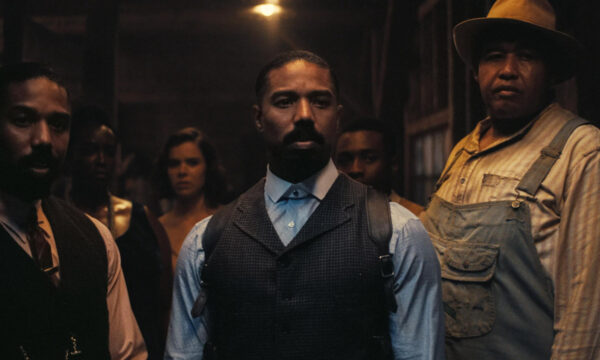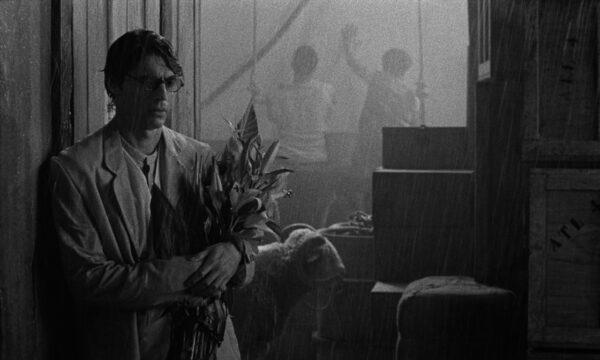120 BPM (120 Beats per Minute)

Robin Campillo’s Cannes Grand Prix winner, 120 BPM (Beats per Minute), is a painful, fascinating, vibrant, moving depiction of the Act-Up activist group in Paris during the early 90s. The movie shows their struggle with Aids and their relentless efforts to obtain effective drugs to keep them alive and help others with the disease. Through protests, acts of disruption and defiance, and attempts to educate teenagers and help them receive condoms, the activists tirelessly carry on despite resistance and prejudice.
Realistically portrayed – which could partly be attributed to a certain naturalness in French film acting – the down-to-earth atmosphere of the Act-Up meetings draws the viewer into that environment, as the group discuss ways to fight the establishment holding their potential life-saving medicines hostage. One does not have to be gay or to have experienced Aids to identify with these people. One roots for them and can feel their fear – the loneliness of a character slowly dying in a hospital room or the agony of loved ones watching a young life snuffed out. The film is very human.
Although of various ages, the Act-Up members are mostly scared kids who don’t want to die. When the government and pharmaceutical companies stall about possible breakthrough remedies, the protesters respond with “WE don’t HAVE the time, we’re dying!”. The organisations’ nonchalance is not just lack of compassion but based on homophobia – and a horrifying idea that Aids is a kind of punishment for “promiscuous” gays, prostitutes, drug addicts and the incarcerated.
This movie defies those attitudes with a tender, passionate portrayal of gay male sexuality, in the relationship between a lithe, feisty, boyish Sean (Nahuel Pérez Biscayart) and his strong, loyal, doting lover Nathan (Arnaud Valois). Their release from fighting HIV and fearing death is night clubbing, sex, affection and conversation. Graphic extended lovemaking scenes are also heartfelt expressions of caring and joy. The acting in this piece is strong, spontaneous, emotionally real and intense.
Close-ups of the group dancing to sounds like Bronski Beat’s Smalltown Boy are followed by hazy shots of speckled light, then blood cells. The mesmerizing visuals culminate in the final scene with a collage of music, dance, sex and protest, where ashes are thrown as a deceased’s last wish.
Thought-provoking and poignant, 120 BPM is a powerful depiction of a sad time in history with an important social message about humanity and compassion.
Catherine Sedgwick
120 BPM (Beats per Minute) is released in select cinemas on 6th April 2018.
Watch the trailer for 120 BPM (Beats per Minute) here:

























Facebook
Twitter
Instagram
YouTube
RSS